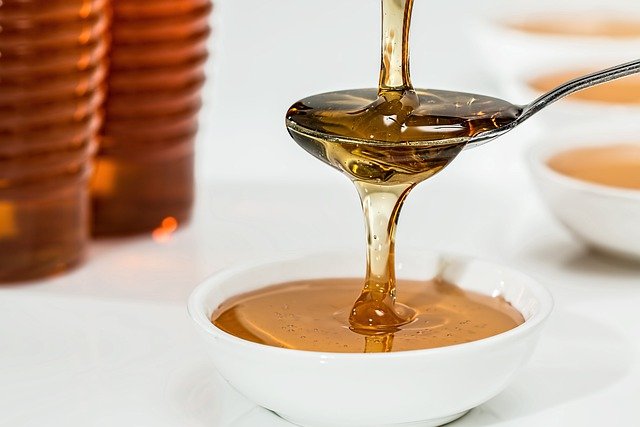Introduction
Manuka honey is a type of monofloral honey that is derived from the nectar of the manuka tree. This honey has been used for centuries for its medicinal properties. In recent years, it has become increasingly popular as a natural remedy for a wide variety of ailments. But with so many different types and brands of Manuka honey on the market, how do you know which one to choose?
MGO and K Factor
When it comes to choosing the best Manuka honey, there are a few things you need to keep in mind. First, you need to make sure that you are buying pure Manuka honey. This means that the honey should be sourced from bees that have only collected nectar from the manuka tree. Second, you need to look for a brand that clearly labels the methylglyoxal (MGO) content of their honey. MGO is a compound found in Manuka honey that is responsible for its antibacterial properties. The higher the MGO content, the more potent the antibacterial effects will be.
MGO is not the only compound responsible for the antibacterial properties of Manuka honey. The K factor and UMF rating is another measure of the potency of Manuka honey that takes into account the total number of methylglyoxal molecules in a given sample of honey. The higher the K factor or UMF, the more potent the antibacterial effects will be.
Type of application
Finally, you need to decide what type of Manuka honey you want. There are three main types of Manuka honey: Active, medical-grade, and cosmetic-grade. Active Manuka honey is typically used topically to treat wounds or skin infections. Medical-grade Manuka honey is sterile and can be used directly on open wounds. Cosmetic-grade Manuka honey is suitable for use in skincare products and can be used to help improve skin texture and tone.
What to use it for?
There are a number of different conditions that Manuka honey can be used to treat. Some of the most common include:
-Infections:
Manuka honey has natural antibacterial and antifungal properties that make it effective against a variety of infections. It can be used to treat everything from minor skin infections to more serious illnesses like pneumonia.
-H.Pylori:
Manuka honey has been shown to be effective against H.Pylori infection and gastric ulcers. A study published in the journal “BMC Complementary and Alternative Medicine” found that Manuka honey was able to inhibit the growth of H.Pylori bacteria. Additionally, a study published in the journal “Digestive Diseases and Sciences” found that Manuka honey was able to improve symptoms of gastric ulcers.
-Allergies:
Manuka honey has been shown to be effective in treating allergies. It helps to reduce inflammation and congestion, and can also help to soothe irritated throats.
-Digestive problems:
Manuka honey is a natural probiotic, meaning it helps to promote healthy digestion. It can be helpful in treating a variety of digestive problems, such as constipation, diarrhea, and indigestion.
-Wound healing:
Manuka honey has been shown to speed up wound healing times, both internally and externally. It helps to reduce inflammation and bacteria levels at the wound site, which can promote faster healing.
Conclusion:
The three things to look for when purchasing Manuka honey are purity, MGO content, and type. Manuka honey is effective for a variety of conditions, such as infections, allergies, digestive problems, and wound healing. Buying a honey that has been certified as pure and has a high MGO content will ensure that you’re getting the best possible product for your needs.

